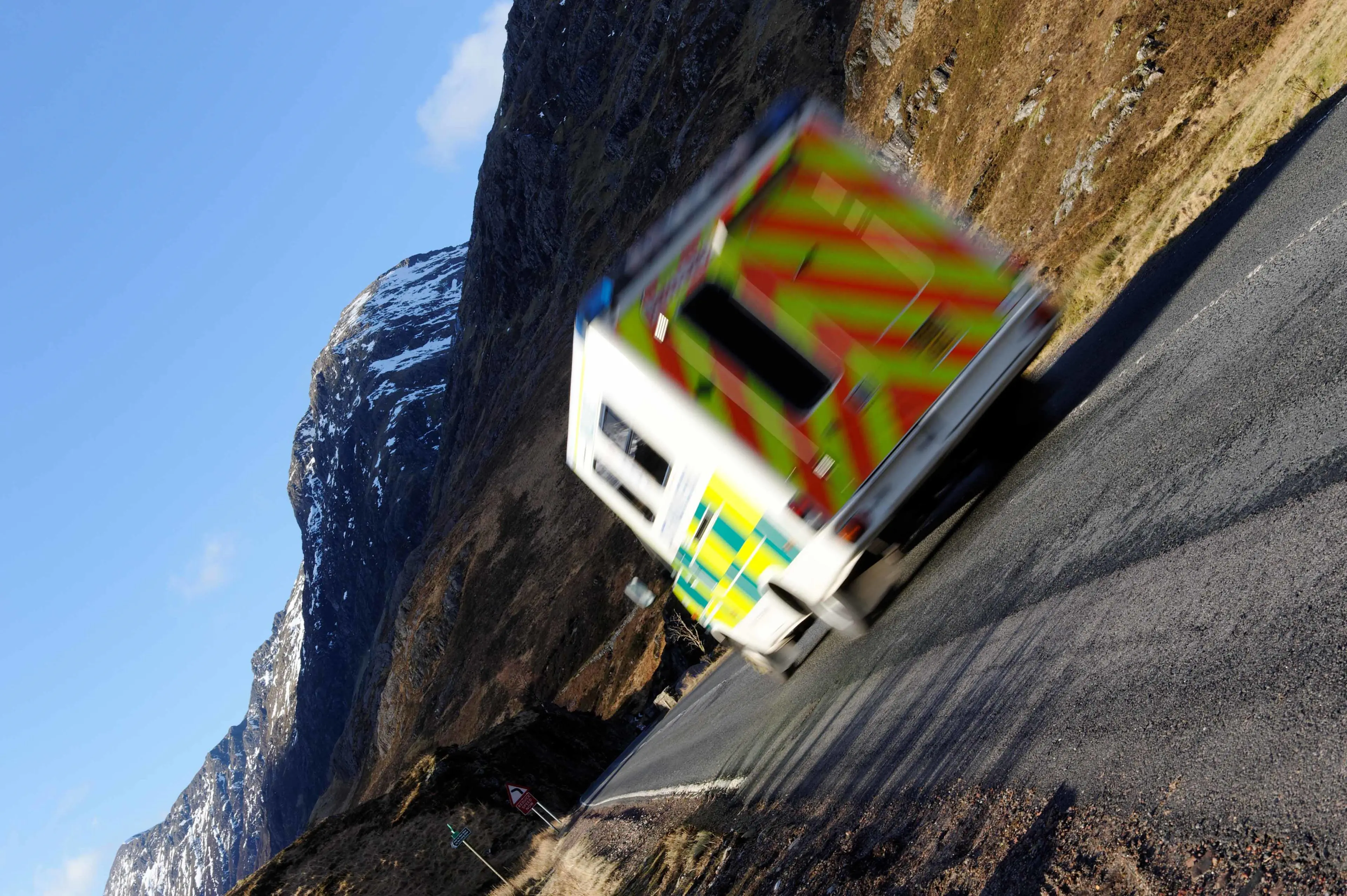UCLan researchers reveal stark inequalities between rural and urban communities in the UK, particularly in the North of England
- The new report finds that rural areas are impacted by ‘diseases of despair’, slow advances in health technology, and a lack of healthcare professionals
- Researchers call for more investment into rural healthcare and education to improve health equality
A report commissioned by the University of Central Lancashire’s (UCLan) National Centre for Remote and Rural Medicine has revealed the health inequalities experienced by people in the UK’s rural areas.
The research, published in a new report, analyses the unique health problems prominent in remote parts of the UK. It spans the country, pulling results from all corners of the UK including Jaywick in Essex, Blackpool in Lancashire and up to Copeland in Cumbria, and outlines the measures that are needed to tackle the problem head-on.
In collaboration with local government, educators, industry and politicians, the paper makes the case for a focus on improving health in remote and rural areas. By contrasting coastal towns with market towns and their hinterlands, the paper gives a measure of how far we have to go to ‘level up’ local communities.
For the research, the team analysed a number of available indicators including life expectancy, cancer survival, admissions and readmissions to understand more about health inequalities and the healthcare system in rural areas.
Researchers found that rural areas are disproportionately affected by ‘diseases of despair’. In County Durham in the North East, the rate for alcohol-related-harm hospital admissions was 758 per 100,000 population – significantly worse than the average of 664 per 100,000 for England. This represents 3,972 admissions to hospital per year. The rate for self-harm hospital admissions is 197 per 100,000 population, representing 1005 admissions per year.
Meanwhile, it also found that rural health technology was developing at a slower pace than that in towns and cities, leaving its inhabitants geographically isolated and lonely. While much has been done to improve UK-wide connectivity, rural communities still face problems.
"At UCLan, we’ve created a number of courses specifically designed to train remote and rural practitioners, basically wherever help isn't coming very quickly. They could be working here in the UK or on oil platforms or in the middle of the desert or in an aeroplane. "
— UCLan's Professor Catherine Jackson, Executive Dean, Faculty of Clinical & Biomedical Sciences and Head of the School of Medicine
According to the UK’s communications regulator Ofcom, 234,000 people in rural England are unable to receive decent broadband from a fixed line. Meanwhile, large rural areas in the north of England and in the southwest are unable to get outdoor 4G coverage.
Further problems were exposed when the researchers looked at the demographic make-up of rural and coastal populations, which were found to be aging twice as fast as the UK average. The proportion of residents over 65 in Richmondshire District Council in North Yorkshire rose from 15% in 2001 to 21% in 2018, according to research from the Resolution Foundation published in October 2019. The average age in North Norfolk is 53.8 years, the oldest average of any local authority.
The worst health outcomes were found in the UK’s seaside towns in terms of mental health problems, more homeless people and more alcohol and drugs problems. Dr Vincent Argent, Consultant in Rural Emergency Medicine at Dorset Rural County Hospital, says access to health services intensifies the problem: “Our health services often have poor access because, of course, they’ve got the sea on one side of them. They don’t have 360-degree catchment and, quite often, the roads to seaside towns are not very good – there aren’t any seaside towns that have a motorway coming into the centre of town. Places like Hastings and Rhyl are quite difficult to get out of. People often don’t have jobs, so they don’t have cars, and the public transport is inadequate.”

